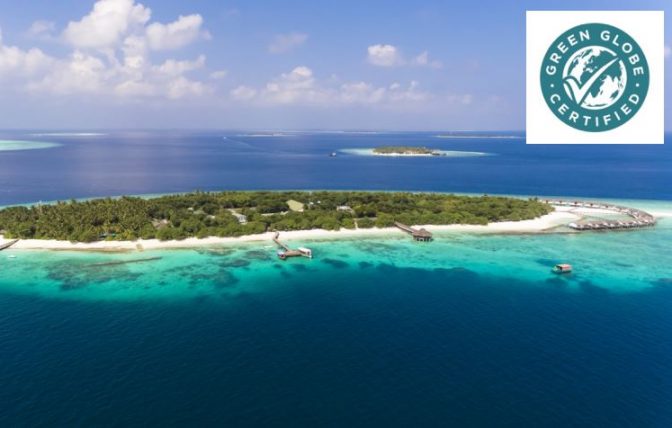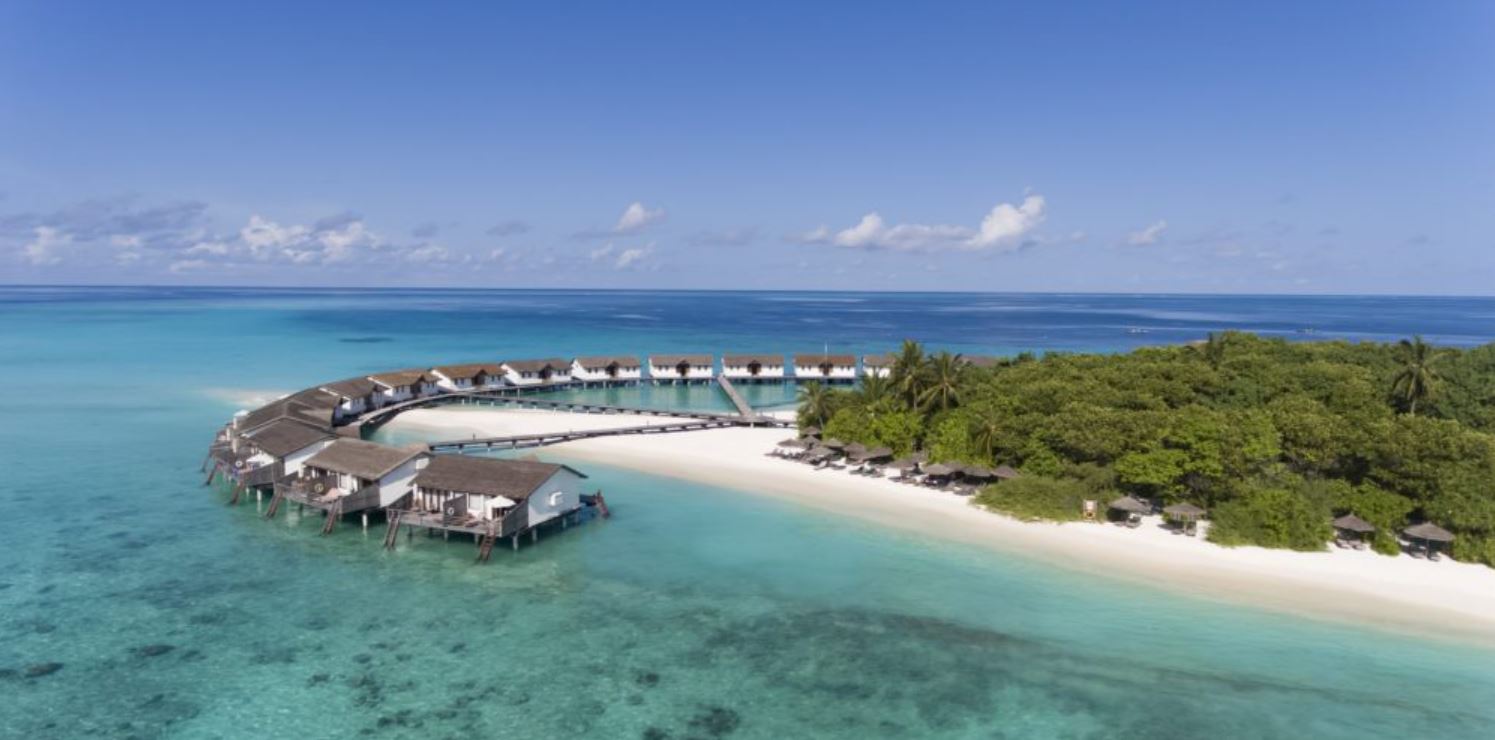

Reethi Beach Resort in the Baa Atoll Maldives was recently recognized by Green Globe for its dedication to environmentally friendly and environmentally sustainable activities.
The iconic 4* Reethi Beach Resort is located in the known Baa Atoll, a UNESCO Biosphere Reserve that hosts the world-famous Hanifaru Bay, home of the majestic manta rays from June till October. Indulge in a rustic Robinson Crusoe feeling combined with a relaxed atmosphere – a true Maldivian island experience, certified by the Green Globe.

This pristine, secluded area places a high value on environmentally and socially sustainable projects, and the resort is committed to safeguarding the area’s coral reefs, marine and plant life.
“To be a member of the Green Globe certification programme demonstrates how our long-term environmental sustainability goals and actions have developed a positive green community here in Baa atoll and here at Reethi Beach. We look forward to putting in our best efforts to promote sustainable tourism in the Maldives continuously,” commented Denise Schmidt, Resort Manager, Reethi Beach Resort. Reethi Beach also features its own water treatment plants to use the Island’s limited supply of freshwater efficiently. As a result, water pollution is
reduced, aquatic habitats are protected, and human health hazards are minimised.
The Island boasts an extensive Sustainability Management Plan for the property. For example, plastic bottles are being replaced with glass bottles, and plastic straws are being replaced with paper straws as part of a drive to reduce trash. This strategy specifies, records, and monitors reduction goals on a monthly basis to minimize waste that is not reused or recycled.
The green team at Reethi Beach Resort organizes CSR events and environmental observances. Educating and raising awareness are two of the primary goals of this energetic group’s activity in the community.
The resort does everything to help the surrounding islands and their people. A wide variety of recipes feature native reef seafood and yellowfin tuna, papaya, watermelon, bananas, and coconuts sourced from neighboring islands as much as possible.